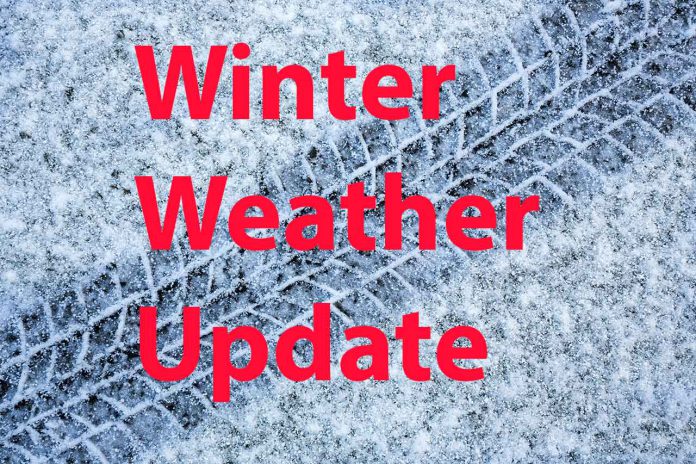Winter Weather Advisory in Effect for Sault Ste. Marie and Surrounding Areas
In the early hours of March 20, 2024, Sault Ste. Marie, along with St. Joseph Island, Searchmont, Montreal River Harbour, and Batchawana Bay, have been placed under a winter weather travel advisory. Residents are urged to prepare for challenging travel conditions due to locally heavy snowfall.
Today’s Weather Overview
Current Conditions
As of 4:00 AM EDT, the Sault Ste. Marie Airport reported light snow showers and blowing snow, with a temperature of -5.4°C. The humidity is at 85%, with a northwest wind blowing at 46 km/h, gusting up to 64 km/h. This creates a wind chill factor of -15, and visibility has been reduced to 8 km. The barometric pressure is 100.3 kPa and rising, indicating that the current heavy snow conditions may begin to subside later in the day.
Weather Forecast
Wednesday, March 20: Expect flurries to end near noon, leading to mainly cloudy skies with a 60% chance of more flurries. Early morning may see local blowing snow. Winds from the northwest at 30 km/h, gusting to 50 km/h, will keep the temperature steady near -7°C, with a wind chill near -17. The UV index is 3, considered moderate.
Night: Cloudy with a 30% chance of flurries in the evening. The wind will become lighter around midnight. Expect a low of -14°C, with the wind chill feeling like -14°C in the evening and dropping to -19°C overnight.
Thursday, March 21: A mix of sun and cloud is expected, with a high of -6°C.
Thursday Night: Anticipate cloudy periods with a low of -12°C.
Friday, March 22: The day will be cloudy with a high of -3°C, and the night brings a 60% chance of snow, with a low of -10°C.
Wardrobe Recommendations
Given the cold and snowy conditions, layering is key. Opt for a warm base layer, insulated mid-layers, and a waterproof outer layer. Don’t forget accessories like hats, gloves, and scarves to protect extremities. Footwear should be insulated and waterproof, with good traction for snowy surfaces.
Weather Trivia
Did you know that Sault Ste. Marie is renowned for its heavy snowfalls due to lake-effect snow? This phenomenon occurs when cold air moves over the warmer waters of the Great Lakes, picking up moisture and depositing it as snow onshore, often leading to significant accumulations.







